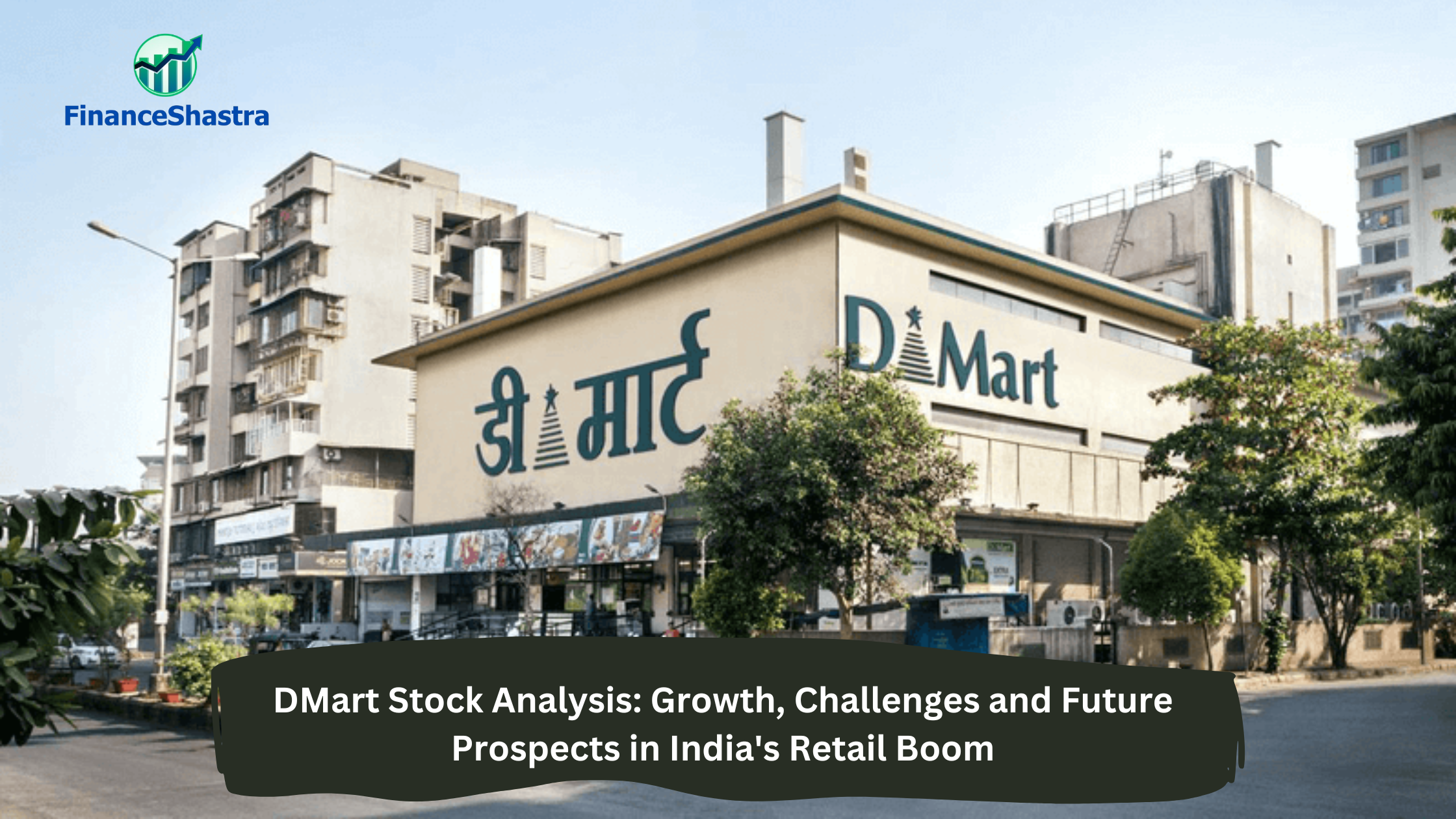Trent Ltd Revenue Jumps 28% YoY to ₹4,334 Cr – Growth Led by Zudio & Westside Expansion
Business and Industry Overview:
Trent Limited is a retail company and part of the Tata Group. It is based in Mumbai, India. The company runs stores that sell clothes, footwear, accessories, and groceries under popular brands like Westside, Zudio, Star Bazaar, and Utsa.
The company was first started as Lakme Limited on December 5, 1952. At that time, it was in the business of making and selling cosmetics, perfumes, and toiletries. In 1998, Lakme decided to exit the cosmetics business and move into the apparel retailing business. This was because India had very few strong fashion brands at that time.
To begin its new journey, in March 1998, Lakme bought Littlewoods International (India) Pvt. Ltd. from a UK-based company. This company was already selling ready-made clothes. Also, Lakme Exports Ltd., a part of Lakme, merged with Littlewoods, and the new name became Trent Ltd (from January 1, 1998). Later, on July 1, 1998, Trent Ltd merged fully with Lakme, and the company was officially renamed Trent Limited.
Trent focuses on its own-brand products, quick response to new fashion trends, and keeping prices stable. This strategy helps the company grow fast and stay unique in India’s lifestyle and fashion market.
Latest Stock News:
Trent Limited, the retail arm of the Tata Group, has recently seen big changes in its stock price. This happened after it shared its latest financial results. In the fourth quarter of FY25, the company’s revenue grew by 28% and reached ₹4,334 crore. Last year in the same quarter, it was ₹3,381 crore. For the full year ending March 31, 2025, Trent’s revenue was ₹17,624 crore, showing a strong 39% increase compared to ₹12,669 crore the year before. Even though these numbers are good, they were still lower than Trent’s 5-year average growth rate of 36%. Because of this, the stock price fell by 18% on April 7, 2025 — the biggest drop since March 2020. Experts say this fall happened because people are now worried that Trent’s fast growth may slow down. Still, Trent has done very well in the long term. Its sales and profits have grown strongly for many quarters. Net sales grew by 37.18% every year, and operating profit rose by 42.66%. Net profit also grew by 42.83% in the latest report. Trent opened 14 new Westside stores and 62 Zudio stores, including its first international Zudio store in Dubai. The company’s return on capital is 28.9%, which is very strong. But the stock price looks a bit high when compared to the company’s value. In the past year, the stock gave a return of 20.38%, and profits went up by 77.2%. Trent’s market value is ₹1,68,521 crore, and it holds 28.48% of the total retail market. Big investors trust the company, and they hold 36.98% of its shares. Investors are advised to keep an eye on Trent’s future performance to see if it can continue to grow strongly.
Potentials:
Trent Limited, the retail arm of the Tata Group, has laid out strong plans for future growth both in India and abroad. One of its key goals is to expand internationally, starting with its first Zudio store in Dubai, which will mainly target Indian customers living there. Back in India, Trent is focusing heavily on growing its Zudio brand, which sells affordable fashion and is very popular among young people. The company plans to open many more Zudio stores across the country. Another big part of Trent’s plan is the Star Bazaar supermarket chain. Trent aims to add around 20 to 25 new Star Bazaar stores in FY25, which will bring the total to nearly 90 stores. This will help them reach more customers in the grocery and daily needs market. Trent is also focusing on selling more private label (in-house) products in its stores. These are products made and sold only by Trent, which helps increase profits and gives customers unique choices. Overall, the company’s plans show that it wants to grow fast, serve more people, and become a bigger name in retail, not just in India, but around the world.
Analyst Insights:
- Market capitalisation: ₹ 1,69,324 Cr.
- Current Price: ₹ 4,763
- 52-Week High/Low: ₹ 8,346 / 3,801
- Stock PE Ratio: 114
- Dividend Yield: 0.06%
- Return on Capital Employed (ROCE): 23.8%
- Return on Equity (ROE): 27.2%
Trent Ltd. is a retail company. It is part of the Tata Group. It is doing very well in the retail market in India. The company is growing fast. Its revenue has grown at 68.4% every year in the last 3 years. This is because of more stores and more customer demand. Its main brands are Westside and Zudio. The company also made good profit. Net profit grew 83.3% in the last one year. This shows good growth and better operations. The company is now more profitable. In 2013, it had almost zero profit margin. But now, in 2024, the operating profit margin is 16%. This is a big improvement. The company is also using money well. Return on Equity (ROE) is 27.2%, and Return on Capital (ROCE) is 23.8%. These numbers show that the company is giving good returns to its investors. The company has also improved its cash flow. It reduced working capital days from 42.4 to 15.1 days. This means the company is using its money faster and better. It also reduced its debt-to-equity ratio, which means it has less debt now. This makes the company safer. Promoters hold 37.01% shares, and none of the shares are pledged. This shows strong support from promoters and good governance. But there is one big problem. The stock price is very high. P/E ratio is 114x and P/B ratio is 36x. This means the stock is expensive. It is costlier than other retail companies. Most of the good news is already in the price. If the company does not grow as expected, the stock may fall. Also, a big part of recent profit is from Other Income, not from the main retail business. This may not happen every year.
So, the company is strong and growing. It is good for the long term. But right now, the stock price is too high. It is not the best time to buy. If you already have the stock, keep it. If you want to buy, wait for the price to come down. This is why the recommendation is HOLD.


